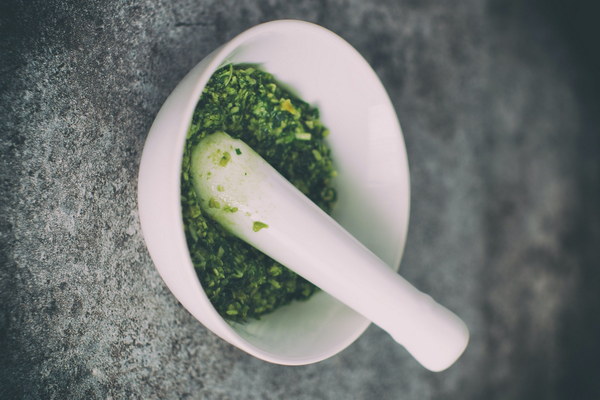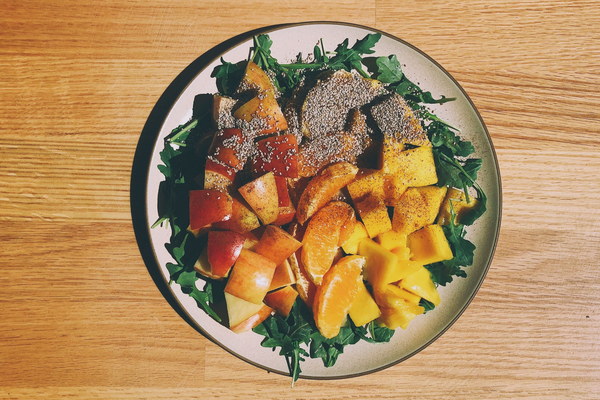Nourishing the Heart Essential Supplements for Heart Attack Recovery
Introduction:
Heart attacks are a serious medical condition that requires comprehensive recovery and care. Alongside medication and lifestyle changes, proper nutrition plays a vital role in aiding the healing process. This article delves into the essential supplements that can support heart attack recovery, helping individuals regain their health and vitality.

1. Omega-3 Fatty Acids:
Omega-3 fatty acids are well-known for their cardiovascular benefits. They help reduce inflammation, lower triglyceride levels, and improve blood vessel function. Fish oil supplements rich in omega-3 fatty acids, such as EPA and DHA, are highly recommended for heart attack survivors. Aim for a daily dosage of 1-2 grams of omega-3 fatty acids.
2. Coenzyme Q10 (CoQ10):
Coenzyme Q10 is an antioxidant that is naturally produced by the body. It plays a crucial role in energy production and cell function. Heart attack survivors often experience CoQ10 depletion, leading to weakened heart muscle and increased risk of recurrence. Taking a CoQ10 supplement (100-200 mg daily) can help support heart health and improve recovery.
3. Vitamin E:
Vitamin E is a fat-soluble vitamin with potent antioxidant properties. It helps protect cell membranes from oxidative damage and supports cardiovascular health. Heart attack survivors can benefit from taking a vitamin E supplement (400-800 IU daily) to reduce inflammation and enhance recovery.
4. Magnesium:
Magnesium is an essential mineral that plays a vital role in over 300 biochemical reactions in the body, including heart function. Low magnesium levels have been associated with an increased risk of heart attacks. Magnesium supplements (200-400 mg daily) can help regulate heart rhythm, lower blood pressure, and reduce the risk of arrhythmias.
5. Potassium:
Potassium is another essential mineral that is crucial for maintaining normal heart function. It helps regulate heart rhythm, blood pressure, and fluid balance. Heart attack survivors often have low potassium levels, which can increase the risk of heart failure. Consuming potassium-rich foods or taking a potassium supplement (99 mg daily) can help maintain heart health.
6. L-Arginine:
L-arginine is an amino acid that plays a role in the production of nitric oxide, a molecule that helps relax and widen blood vessels. L-arginine supplements (1-3 grams daily) can improve blood flow and reduce the risk of future heart attacks.
7. Vitamin B12:
Vitamin B12 is essential for red blood cell formation, nerve function, and DNA synthesis. Heart attack survivors often have low vitamin B12 levels, which can lead to fatigue, weakness, and anemia. Taking a vitamin B12 supplement (500-1000 mcg daily) can support overall recovery and energy levels.
Conclusion:
Heart attack recovery involves a multifaceted approach, including medication, lifestyle changes, and proper nutrition. Incorporating essential supplements such as omega-3 fatty acids, CoQ10, vitamin E, magnesium, potassium, L-arginine, and vitamin B12 can help support healing and reduce the risk of future heart attacks. Always consult with a healthcare professional before starting any new supplement regimen to ensure it is safe and appropriate for your specific needs.









